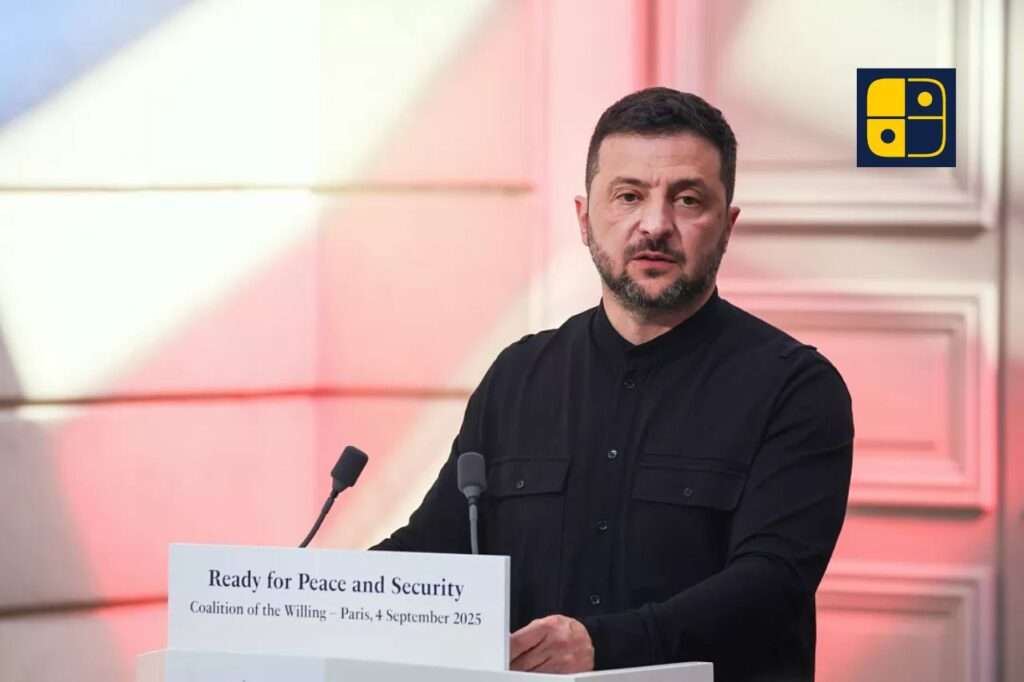French President Emmanuel Macron announced that twenty-six nations have committed troops or equipment to a security framework for Ukraine after the war, following a summit of the Coalition of the Willing in Paris. Ukrainian President Volodymyr Zelenskyy celebrated the commitments as a “victory”, stressing that the support was a significant milestone toward solidifying Ukraine following the conclusion of hostilities.
Macron indicated that any troop deployments will not be made into front-line areas, but that the forces will be brought into “geographical zones that are being currently defined”. The status of those arrangements will need public approvals in politically and legally varying ways in a handful of the partnering states. While no detailed breakdowns are available, the Italian and German governments affirmed their participation and UK Prime Minister Keir Starmer stated some partners would be providing long-range missiles as well. Poland ruled out deploying ground troops as well.
The Paris summit, which included representatives from thirty-five countries, included a direct briefing to U.S. President Donald Trump. Zelenskyy indicated that Washington’s exact role would “be clarified quite soon”, adding, “We are counting on a U.S. backstop.” There are reports that Trump expressed frustration with Hungary and Slovakia who continue to buy Russian fossil fuels, in opposition to EU’s attempts to reduce dependency and which Kyiv states is allowing Moscow to continue war on Ukraine.
Sanctions and secondary measures against Russia and its enablers were also on the agenda, and Macron noted coordinated punitive measures could be taken should Moscow refuse to engage in peace talks. Zelenskyy repeated his willingness to meet with Russian president Vladimir Putin but still accused Moscow of intentionally delaying negotiations. The Coalition’s commitments represent a move toward codified security guarantees which emphasize the West’s determination to stabilize Ukraine once a ceasefire or settlement is concluded.

